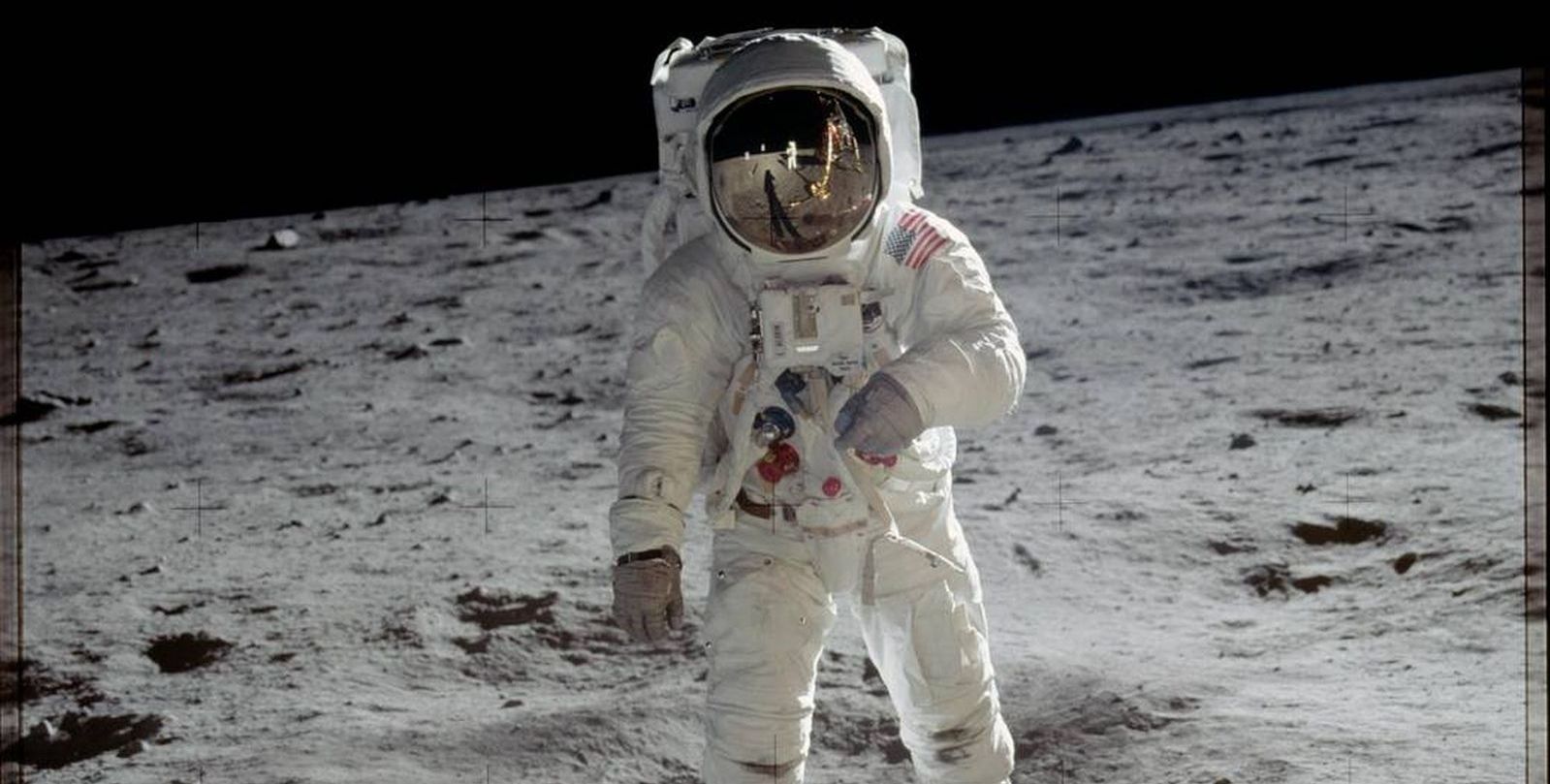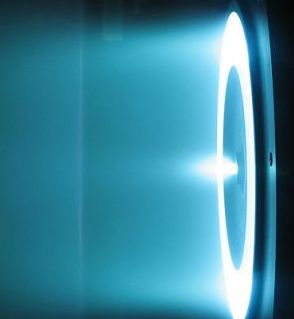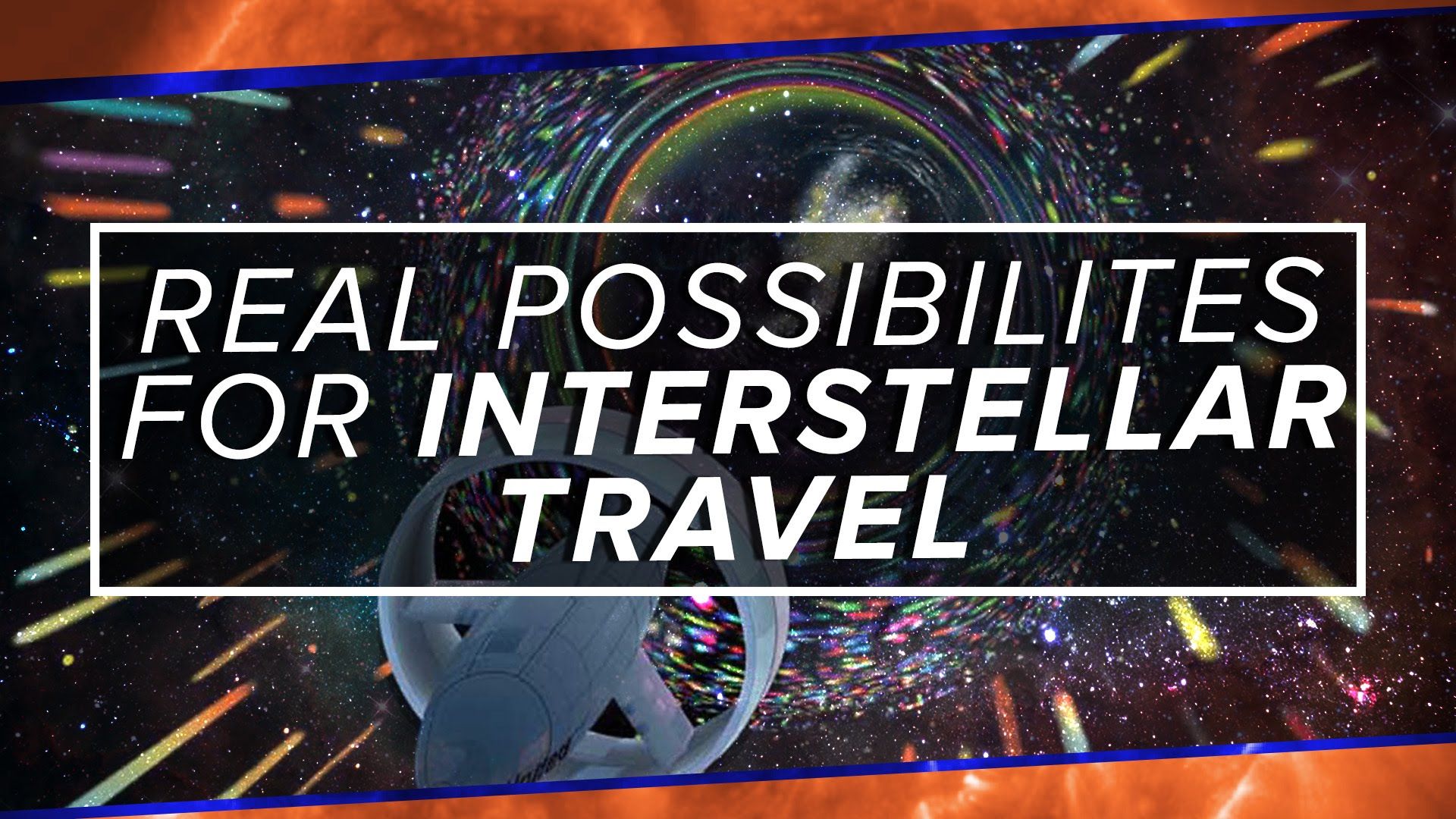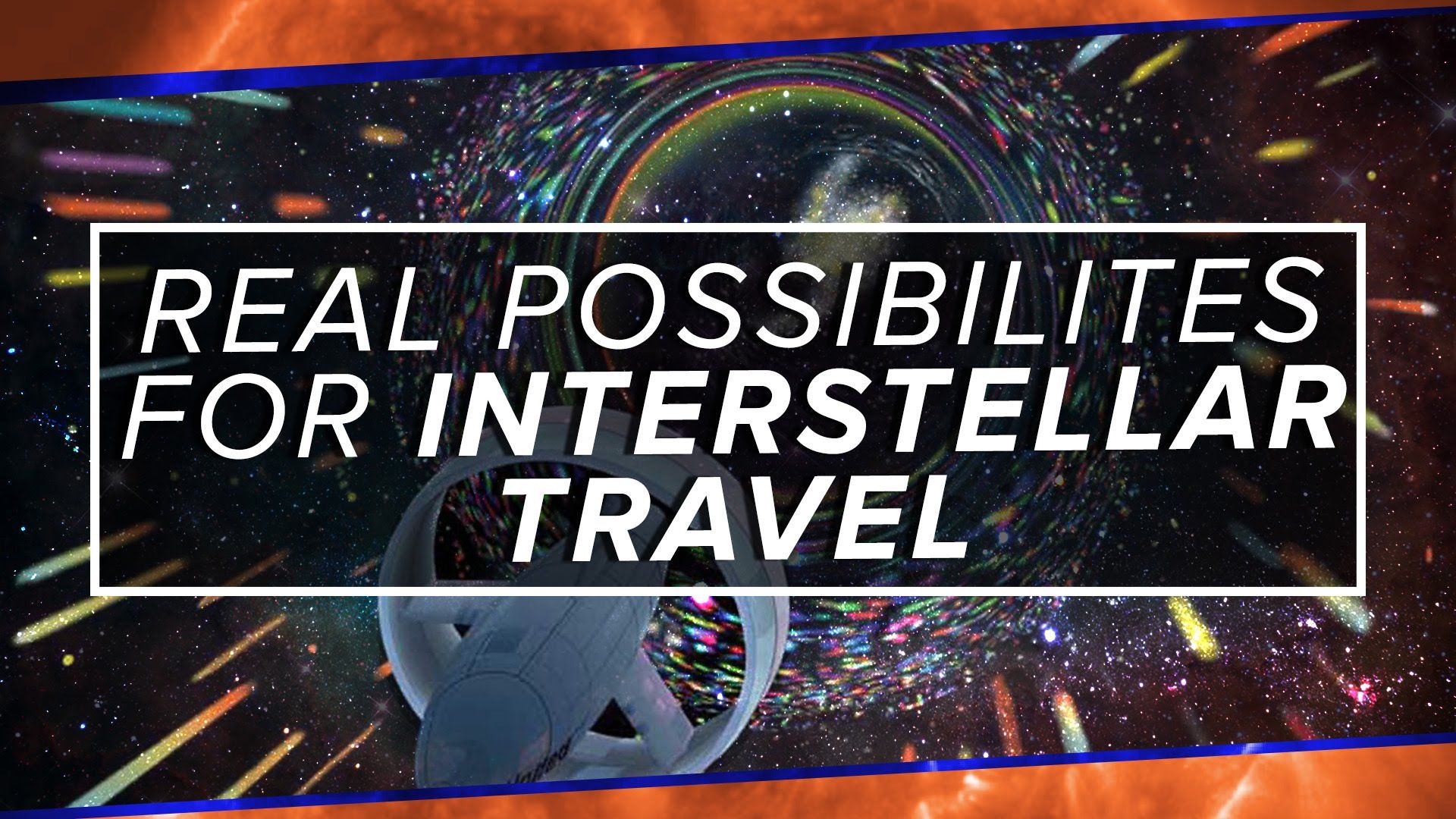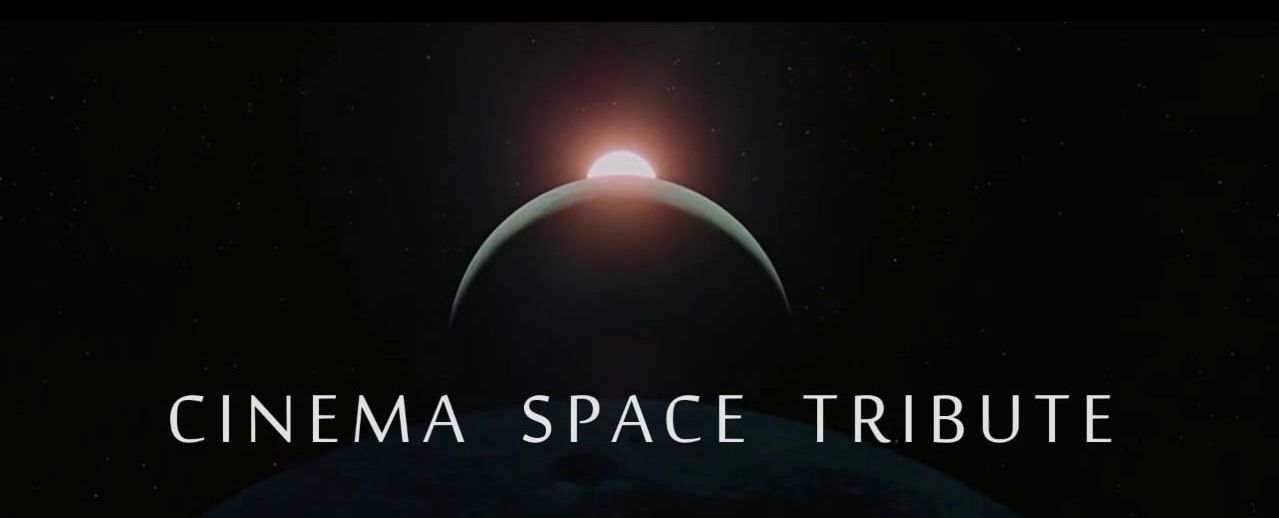Inaugural Canopus Award Winners to be Announced
Award-winning authors and social and physical science experts will gather at Science Fiction Stories Night and honor winners of the first annual Canopus Awards for Interstellar Writing on Halloween Eve during 100 Year Starship’s ® (100YSS®) fourth annual public symposium in Silicon Valley from October 29-November 1, at the Santa Clara Marriott in Santa Clara, California.
100 Year Starship® (100YSS®) is the independent, long-term global initiative led by former astronaut Dr. Mae Jemison to ensure the capability for human travel beyond our solar system exist within the next 100 years and the advances are applied to enhance life here on Earth every step of the way.
Science fiction frequently leads to science fact. In fact, the extremes of scientific discovery today fuel the imagination and possibilities for science fiction writers tomorrow who catapult them into our collective realm of possibility with their stories. Join the discussion on Science Fiction Stories Night with awarding winning authors, including Nebula Award winner Pat Murphy (The Falling Woman, Bones, and Points of Departure); Juliette Wade (short fiction published in Analog Magazine and Clarkesworld); Brenda Cooper (Edge of Dark and Beyond the Waterfall Door); and, Jacob Weisman, publisher of Tachyon (titles have won the Nebula, Hugo, Sturgeon, Locus, Mythopoeic and World Fantasy Awards).
Continue reading “100 Year Starship Celebrates Awarding First Interstellar Writing Prize during Science Fiction Stories Night” »
